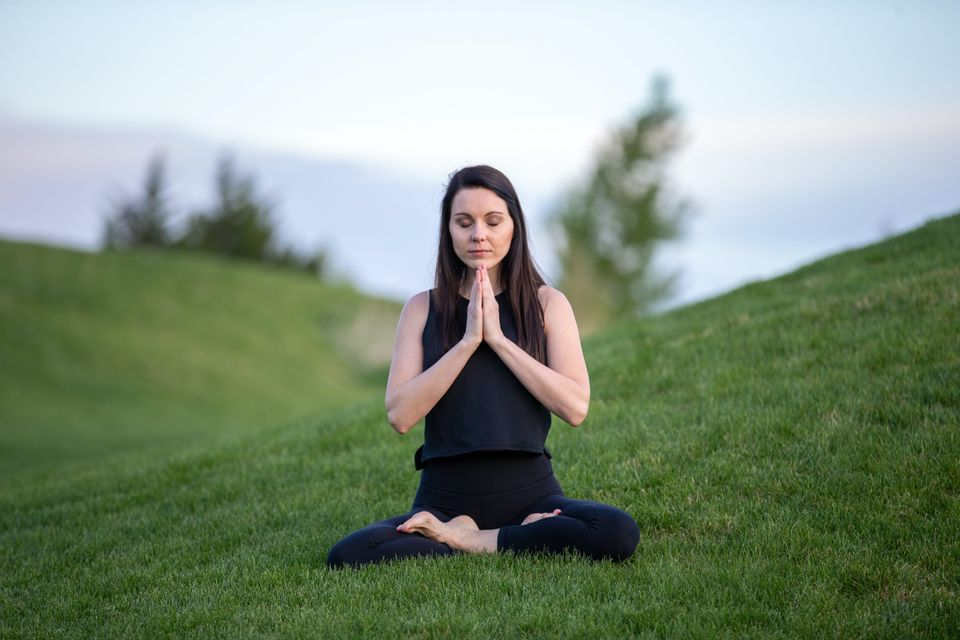Habits vs Practices

Many articles, books and videos emphasize the importance of good habits in our journey of personal development, and I'm sure you've come across a few of them yourself. I chimed in as well, noting that the way we live our days ultimately determines how we will live our lives.
Habits are our routines, those actions we've done so many times that they happen almost without us knowing. Like brushing our teeth in the morning, checking our phones as soon as we wake up, taking the stairs to the office, or having a piece of fruit after lunch. Because of the compound effect, habits can end up having a huge impact on our life over time. Choosing to go out for a walk after dinner or to have a snack while we watch TV might seem insignificant in the moment. But fast-forward ten years, and those daily walks or daily snacks will have added up, yielding vastly different results.
Today, I'd like to add another piece to the puzzle. Good habits are the foundations, but good practices are what will help us progress further. While habits are like our autopilot mode, a practice is something that we do intentionally to grow or achieve specific goals. Practices become particularly valuable when we face challenging situations or pressure, and they can assist us in breaking harmful habits.
For instance, as you probably know by now, I've made stretching a habit. My stretching routine is the first thing I do in the morning, and it's as automatic as brushing my teeth. However, I'd say I have a yoga practice, not a yoga habit, because of the intentionality behind it. I select my daily yoga routine based on my body's needs, my energy levels, my mood, my cycle phase, my time constraints, and so on. I'm especially deliberate on tough days, tailoring my practice to address stress or emotional struggles.
Another example is my breakfast. Taking certain supplements every morning with warm water and apple cider vinegar or lemon is a habit. However, what I eat for breakfast is a conscious choice. It depends on my hunger levels, my mood, and whether I have specific lunch plans. I might even skip it if I'm not hungry. Making every meal a practice is how I (re)learned to eat intuitively after over two decades of eating disorders. And my intentional yoga practice is one of the things that helped me cope with the doubts and fears that came with eating intuitively. Listening to my body and to my hunger and satiety cues has now become easier, so maybe eating intuitively will simply become a habit for me at some point (I certainly hope so!).
To create practices that can support us when we are under pressure or help us break away from habits that aren't helpful, it helps to remember what really matters to us. For instance, if you tend to be a people pleaser, saying "yes" to excessive workloads might be a habit born from the fear of conflict. However, reminding yourself how much you value family time and how working those extra hours will keep you apart from your partner or kids can motivate you to practice setting healthier boundaries.
Practices don't need to be grand or complicated. Things like taking a moment to breathe deeply before you undertake a stressful task, choosing to be thankful for what you have when life feels unfair, or reminding yourself to stay present in the moment or do some micro journaling when your mind has started to race are all tiny practices that can make a big difference in your life.
Take a moment to ask yourself a few questions. What skills do you want to improve? What habits would you like to leave behind? What values do you want to live by? By figuring this out, you can begin crafting your own practices. And by striking a balance between healthy habits and intentional practices, you can make your life better every day.
One practice I'm currently working on is being more mindful of my phone usage. Noticing that my screen time was increasing, I started to occasionally put my phone on airplane mode, and I saw this really helped disrupt the unhealthy habit I was developing of mindlessly picking up my phone and checking my email or scrolling through social media. Whenever I find myself veering into excessive-screen-time-territory, I remind myself that I strive to be someone who is more mindful and present, and this helps me opt for airplane mode.
I'd love to read what practices you currently have in place, and which ones you'd like to implement. And as always, feel free to share any observation or insight in the comments. You can also email me or book a free call.



Member discussion